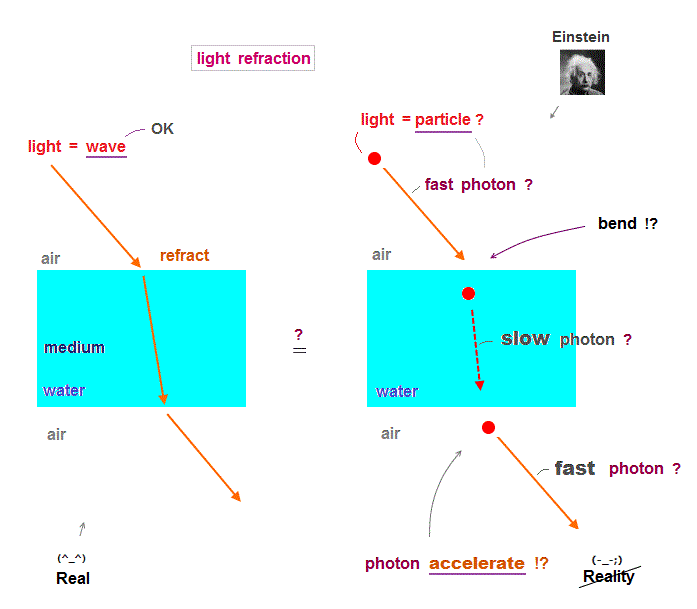
"Maybe someday it will turn out that we can bend space-time so that we can take a shortcut from one galaxy to another. But that does not mean that you walk three times faster" - he compares. You can go across and that will take you only 10 minutes. "Imagine that you have to walk around an area and it will take you half an hour. According to Wrochna, one can imagine that we can bend space-time so that we do not travel certain distance at a speed faster than light, but we simply have a shorter distance to travel. "FTL is nonsense, but the idea of travelling fast over cosmic distances can be defended" - he points out. The physicist explains what he thinks when he hears the famous phrase in sci-fi movies: "We are going to FTL". And then, without a maximum speed, we would have a problem with the statement that there are any laws of physics" - says the scientist. The flow of information between events could occur without delay, so it would be impossible to distinguish between cause and effect. "Lack of maximum speed would mean that there is an infinitely great velocity, and then we would not know what is the cause and what is the effect in the Universe. Even if it turns out that the speed of light is not the highest possible speed, there must be another maximum velocity in the universe that can not be exceeded. The physicist from the National Centre for Nuclear Research proposes a thought experiment. If we were to accelerate it even more, time would have to start flowing backwards" - he says.

For the photon that moves at the speed of light, time stands still. Wrochna says: "As we accelerate a particle, time slows down for it. "But not only this concept has not found experimental confirmation, it is still not known how it could be confirmed experimentally" - he comments.Īsked whether such a hypothetical particle faster than light would go back in time, Prof. The scientist admits that there is the concept of tachyons, hypothetical particles faster than light. If it were questioned, the whole the physics building would collapse". We are quite certain that there are no loopholes in it. The laws of physics prohibit that" - he replies.Īsked if there are any loopholes in the laws of nature, through which a particle faster than the light could squeeze, he assures: "There are none. Such a particle would reach infinite energy. According to Einstein`s principle, we can not accelerate anything to a speed greater than the speed of light. "Is it possible to produce a particle faster than light? The answer is simple: it`s not. Grzegorz Wrochna from the National Centre for Nuclear Research in Świerk. With the question "Is it possible to produce a particle faster than light?" we turned to elementary particle physicist Prof. Now we ask researchers some of these questions. 9).During the Science Picnic, our visitors could pass their questions to scientists. That measurement, made by a particle detector known as OPERA, was eventually determined to have been distorted by a loose cable ( SN: 4/7/12, p. The result once again refutes a 2011 claim that neutrinos might travel faster than light. But since the flare of light was spotted around the same time as the neutrino, there’s no evidence for such a discrepancy.


That effect could cause a significant difference between the speeds of the neutrino and the associated light, which would build up into a delay over the 4-billion-light-year trip from the neutrino’s home galaxy to Earth. As a result, high-energy particles could get bogged down, as if moving through molasses. The idea is that spacetime on extremely small scales is not smooth, but foamy.

Some theories propose that a “spacetime foam” might slow particles of very high energies. Although neutrinos have mass, their heft is so infinitesimal that high-energy neutrinos travel at a rate effectively indistinguishable from that of light. Massless particles - including the particles of light known as photons - consistently move about 300,000 kilometers per second, while massive particles move more slowly.


 0 kommentar(er)
0 kommentar(er)
